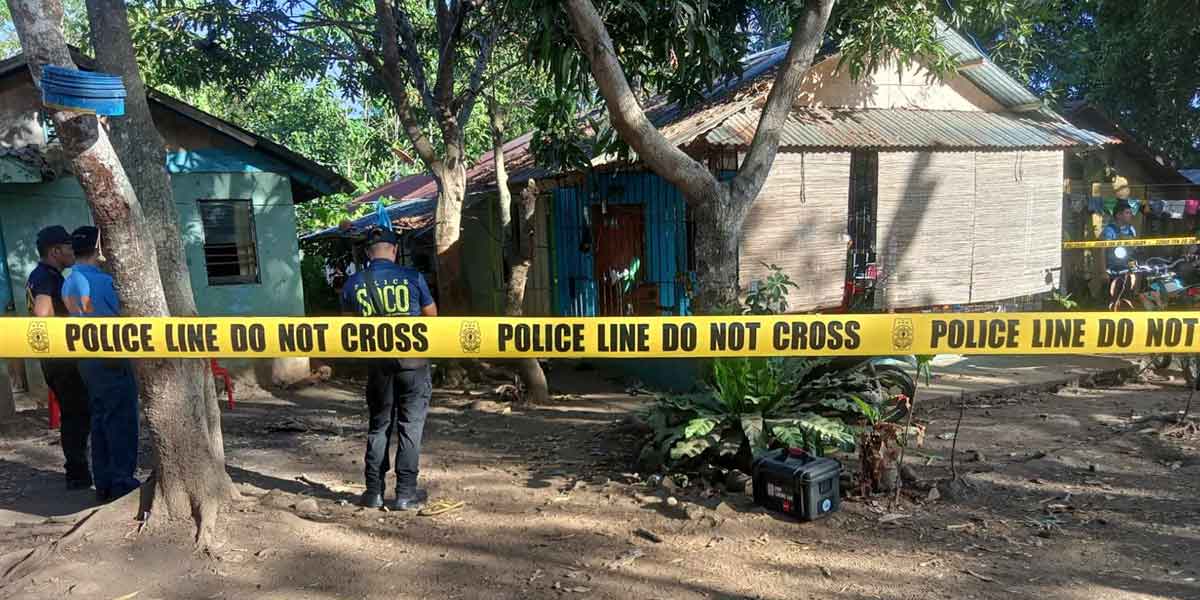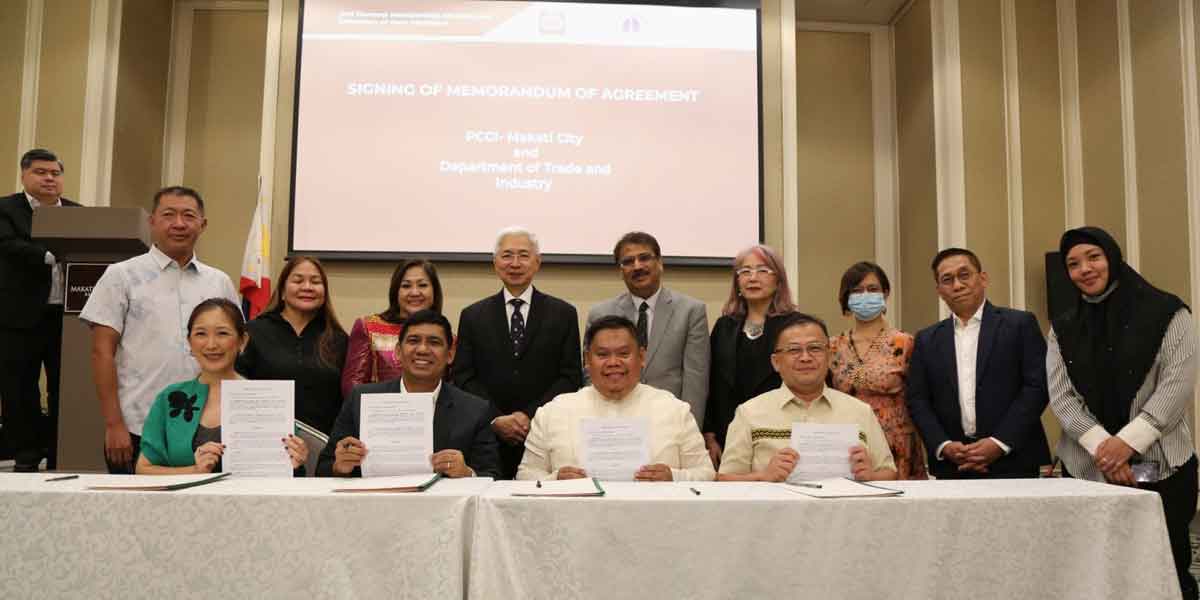
By Emme Rose Santiagudo
All patients under investigation (PUI) for the coronavirus disease 2019 (COVID-19) have been cleared of the dreaded infection, the Department of Health-Center for Health Development (OH-CHD) in Western Visayas confirmed on Monday.
But the health department is still closely monitoring overseas Filipino workers (OFWs) coming home from countries with confirmed COVID-19 cases to keep the region free from the disease.
According to Dr. Mary Jane Juanico, DOH-CHD-6 Infectious Disease Cluster head, the last admitted PUI in the region tested negative for the virus.
“The patient was Filipino who stopped over in Hong Kong but was admitted to Western Visayas Medical Center after experiencing signs and symptoms of COVID-19,” Juanico said in a phone interview Tuesday.
Since January 2020, the health department recorded 40 PUIs in the region with 39 of them testing negative for COVID-19.
One tested positive for another respiratory pathogen.
“Most of them were Filipinos who worked overseas and had history of travel from COVID-19-hit countries,” she said.
Juanico said they expect additional PUIs in the region as more countries report local or community transmissions of the disease.
Juanico said the health department continues the active case finding in communications to monitor OFWs and travelers from COVID-19 positive countries.
Local government units (LGU) are also tasked to monitor persons under monitoring (PUM) or persons with travel history from COVID-19-hit countries, she added.
“We are closely monitoring OFWs and even travelers who arrived from countries with confirmed cases of COVID-19 through the help of our barangay health emergency response teams (BHERTs),” Juanico said.



















